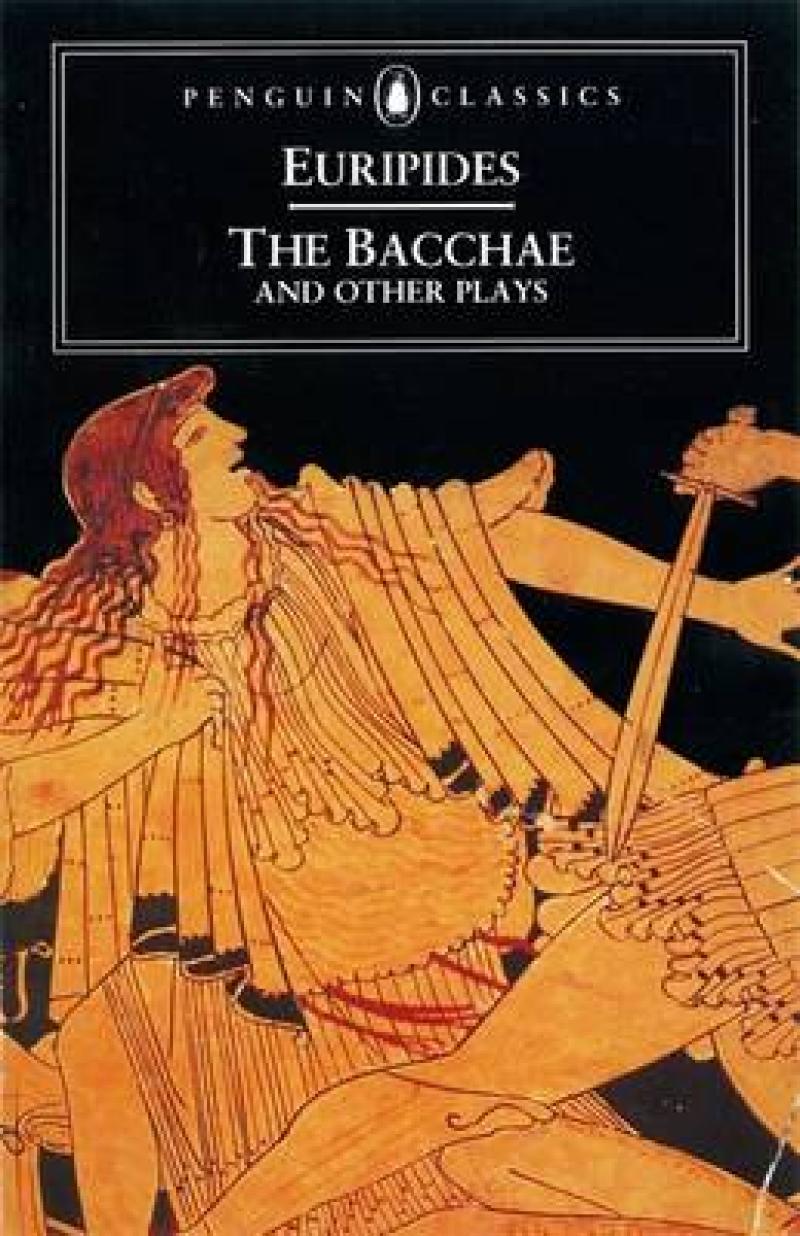The plays of Euripides have stimulated audiences since the fifth century BC. This volume, containing Phoenician Women, Bacchae, Iphigenia at Aulis, Orestes, and Rhesuscompletes the new editions of Euripides in Penguin Classics.
Les mer
The plays of Euripides have stimulated audiences since the fifth century BC. Part of the series "Euripides in Penguin Classics", this title contains plays such as "Phoenician Women", "Bacchae", "Iphigenia at Aulis", "Orestes", and "Rhesus".
Les mer
The Bacchae and Other PlaysPreface to the Second EditionIntroductionIonThe Women Of TroyHelenThe BacchaeNotes to IonNotes to HelenNotes to The Bacchae
Produktdetaljer
ISBN
9780140440447
Publisert
2000
Utgiver
Vendor
Penguin Classics
Vekt
191 gr
Høyde
198 mm
Bredde
129 mm
Dybde
15 mm
Aldersnivå
01, G
Språk
Product language
Engelsk
Format
Product format
Heftet
Antall sider
256
Forfatter
